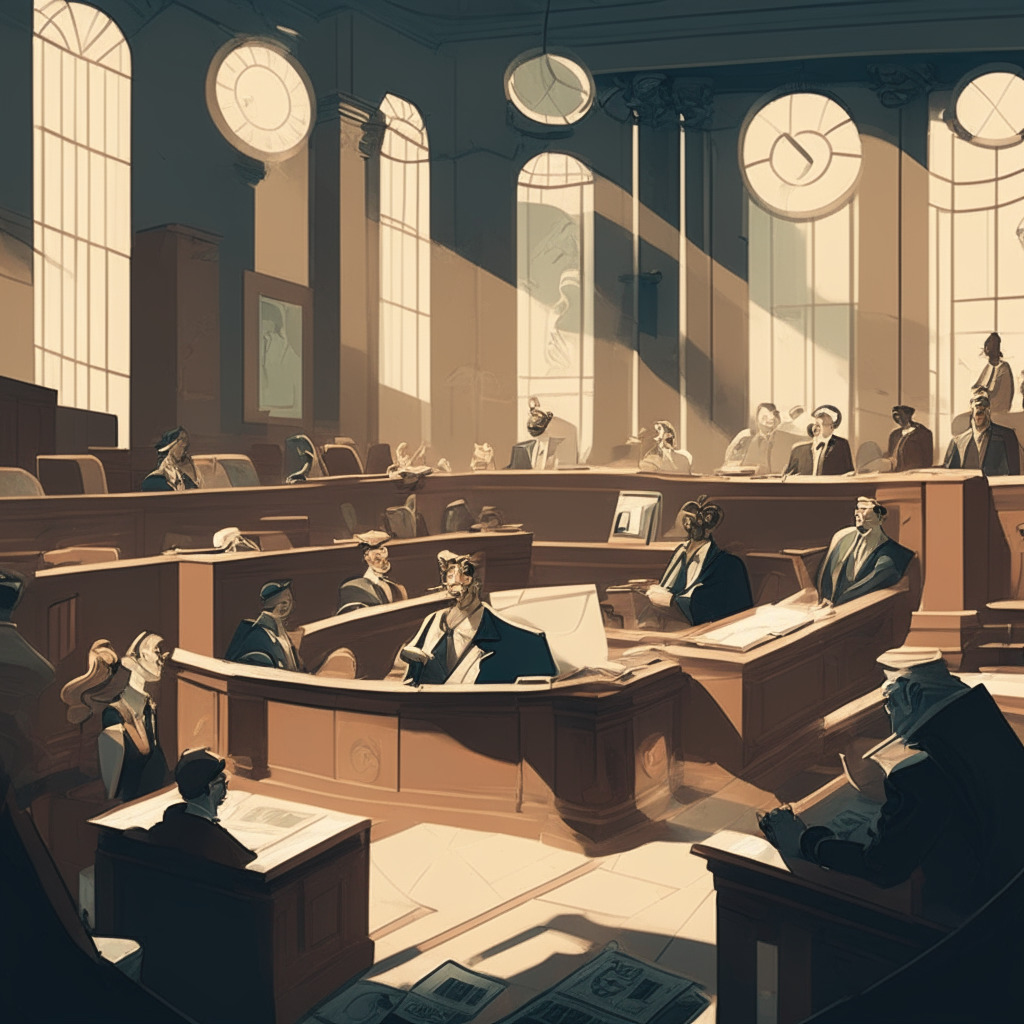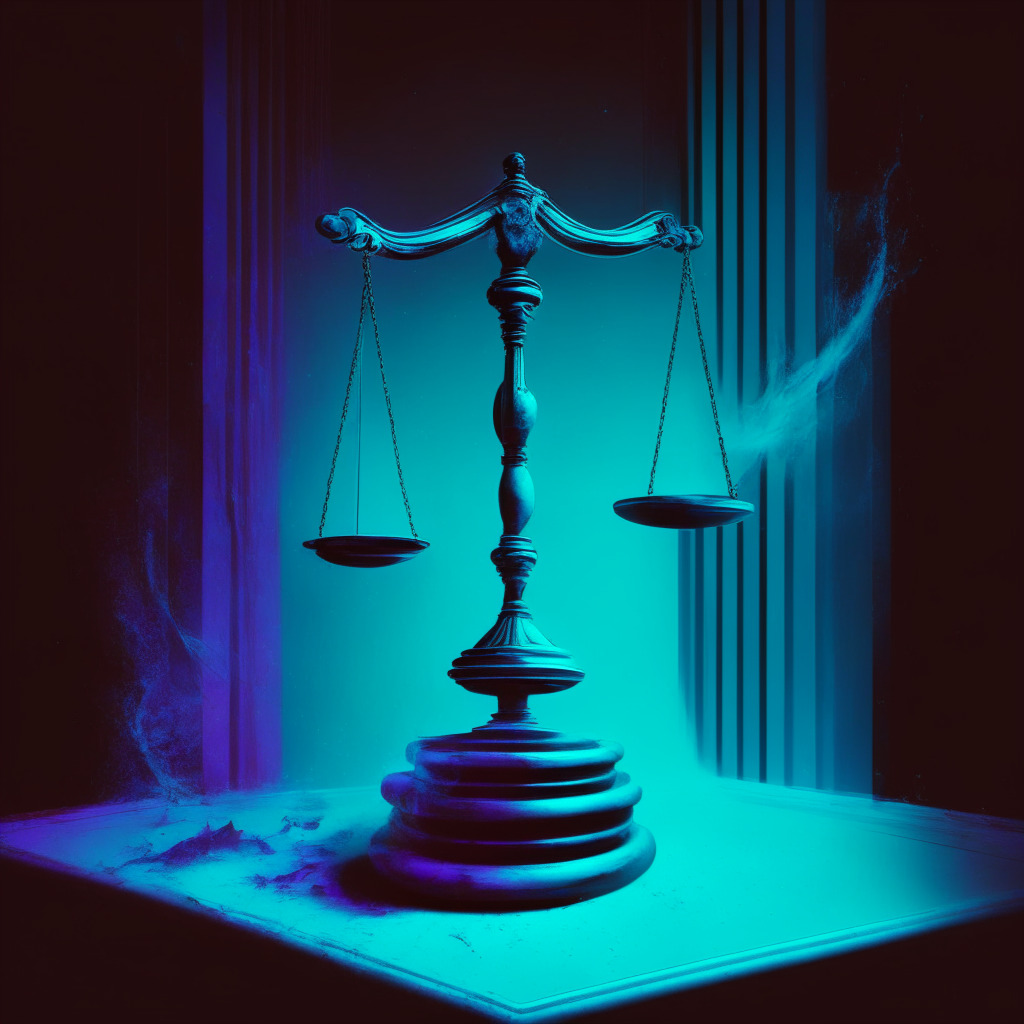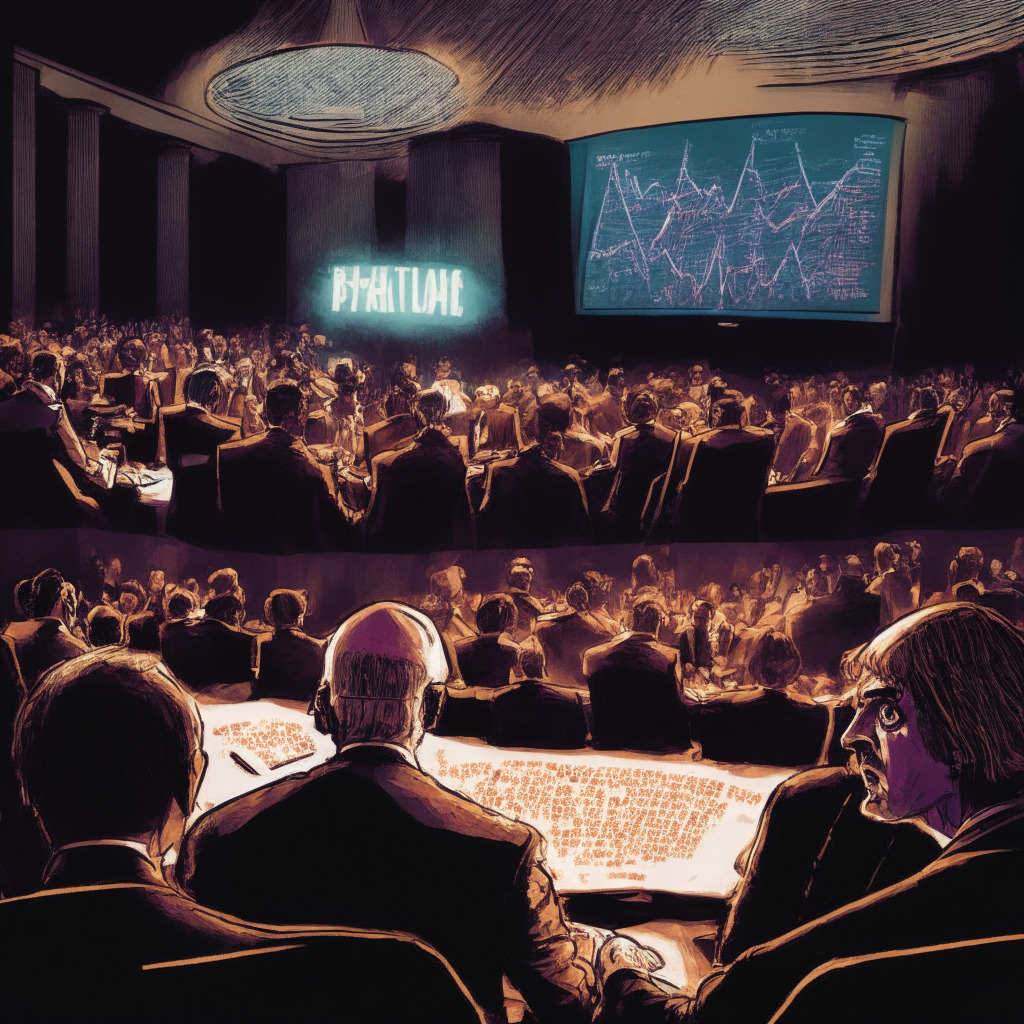The future of the cryptocurrency industry continues to perplex even the most optimistic enthusiasts, as regulatory systems grapple with the implications of an increasingly digital financial world. Regulation has always been a major talking point in the financial technology sector, serving as a barrier to mass adoption for some, and as a necessary safety measure for others. But a recent legal precedent may either strengthen, or dampen, the enthusiasm of potential investors.
Former CEO of the accountancy FTX, Sam Bankman-Fried, has agreed to a “gag order” which prohibits him from making comments that might interfere with his criminal trial. This order was initially requested when the U.S. government accused Bankman-Fried of trying to sway his trial by publicly discrediting a former business partner and witness.
Yet, in an unexpected move, Bankman-Fried’s lawyers have contend that the gag order should apply to all potential witnesses for fairness. This would include the U.S. government, former employees of FTX, among other entities. It seems that the application of the gag order has been deemed by Bankman-Fried’s counsel as a counteraction to a perceived “toxic media environment” revolving around their client.
However, the questions for observers are many. For instance, should confidentiality in the face of a criminal trial outweigh the public’s right to full discourse on the matter? Moreover, should all parties be bound by the same regulations to ensure fairness, even when they aren’t on trial? It is unclear where the balance between transparency, legal privacy and public discourse should sit.
On the other hand, this development is not the only case that is currently capturing the cryptocurrency arena’s attention. Another prolific case involves the South Korean crypto lending platform, Delio, which recently had its assets seized by a local financial regulator. It raises the concern of the enforceability and practicability of regulatory decisions in an industry famed for its decentralization and often anonymous transactional model. The question being whether an asset seizure will deter potential bad actors, considering the borderless and pseudo-anonymous nature of cryptocurrencies.
So the coming days will witness a shaping of cryptocurrency regulation that will have far reaching consequences for the entire industry. It turns out that the tussle between legal precedents and innovative technology is a scene worth watching. A healthy tug of war, perhaps, in the march towards a digital financial age. The question remains, however, whether regulations will spur growth in this industry or harm decentralisation and innovation which it has promised. A lot is at stake and only time will tell.
Source: Cointelegraph




